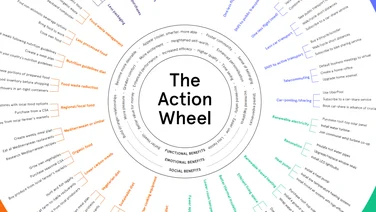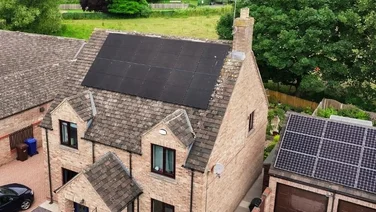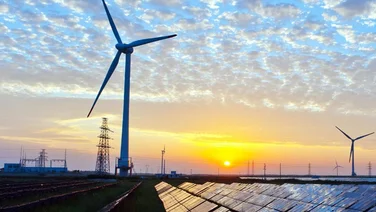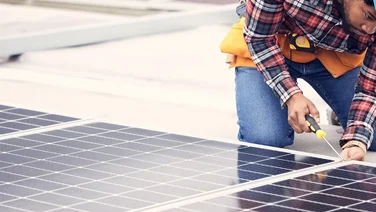- A quarter of people are unaware of grants and schemes designed to help with the upfront costs of low-carbon tech (LCT)
- Winter Fuel Payment the most well-known government grant currently available
- 89% percent of people would be more likely to buy an LCT if they know about support

A quarter of people are unaware of any government-funded grants or schemes designed to help with the implementation of low-carbon technology (LCT), according to the National Home Energy Survey report 2024 (NHES), a fact that could hinder the UK’s net-zero strategy.
The NHES, which surveyed more than 2,000 people, found that more than a quarter of respondents – 27% – are unaware of ‘any’ initiatives, including the Boiler Upgrade Scheme (BUS), Energy Company Obligation (ECO4), and the new Warm Homes Local Grant, and the now discontinued (as of March 2025) Home Upgrade Grant.
Only three of the 14 grants included in the NHES were recognised by more than a quarter of respondents, and only one was recognised by more than 40%.
Alarmingly, none of the schemes were recognised by more than half of the respondents, which suggests that government and industry stakeholders have more work to do when it comes to accelerating the adoption of low-carbon technology in the UK.

There are 14 available government grant and schemes to help with LCTsThe most popular government scheme was the Winter Fuel Payment, which was recognised by 47% of respondents but is aimed at reducing the energy bills of the most vulnerable – rather than encouraging a transition away from fossil fuels.
This was followed by the BUS on 28%, and then the Warm Homes Discount on 27%.
A contributing factor to the relatively high number of people aware of the Winter Fuel Payment could be the widely-reported government policy to means test those who receive it.
Another could be the fact that it directly assists pensioners with their energy bills, but whatever the reason behind it, scaling back the Winter Fuel Payment makes it imperative for households to know and understand the alternatives.

People more likely to purchase LCT with support
There is strong evidence from the NHES that if people knew more about the available grants and schemes they would be more willing to buy them.
According to the NHES, 91% of Gen Z, Millennials and Gen X would purchase an LCT if financial support were available to them.
Additionally, 89% of all respondents would be more likely to buy if they were able to access financial support, a figure that has increased 3% year-on-year.
While just over a quarter of respondents are aware of the BUS, the initiative itself remains extremely popular, with applications increasing by 75% year-on-year in February 2024, bringing the total number up to above 36,000.
In April 2024, applications increased by 93% year-on-year, and this pushed the government to increase the fund by £50 million to meet consumer demand.
Roland Ellison, editor of The Eco Experts, said the government needs to do more to make LCT funding “easier for consumers to understand and apply for”.







